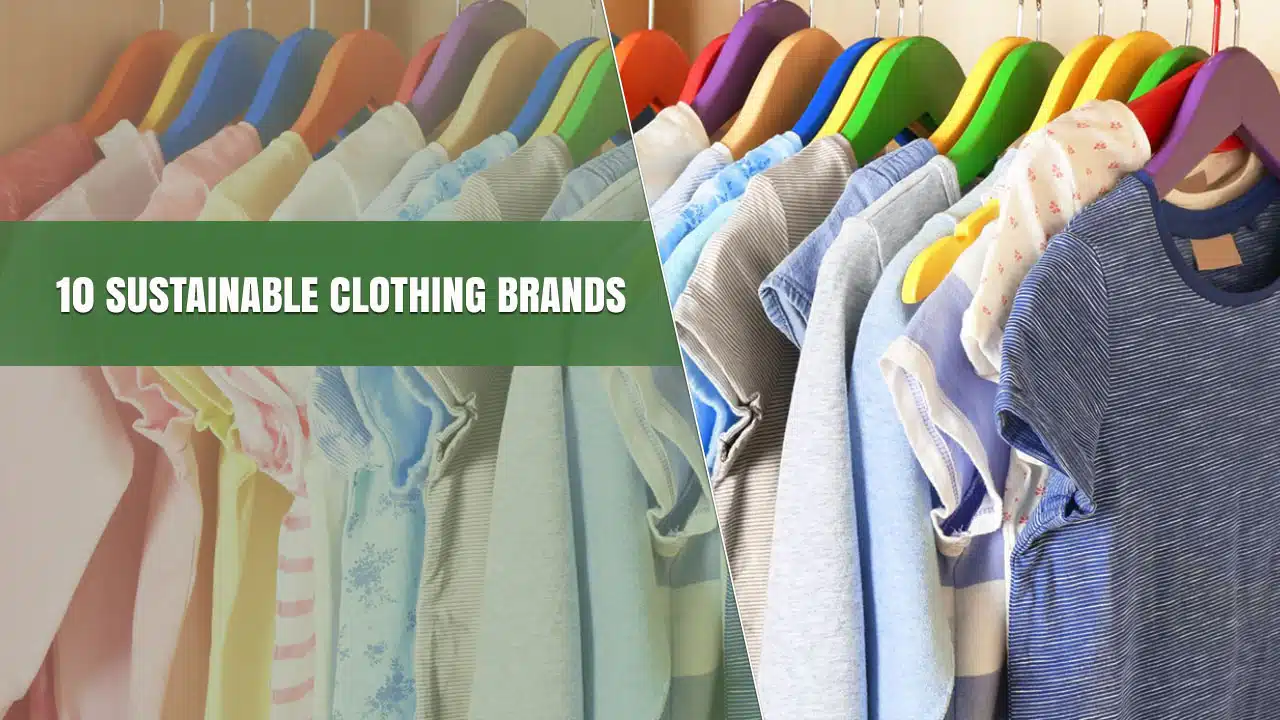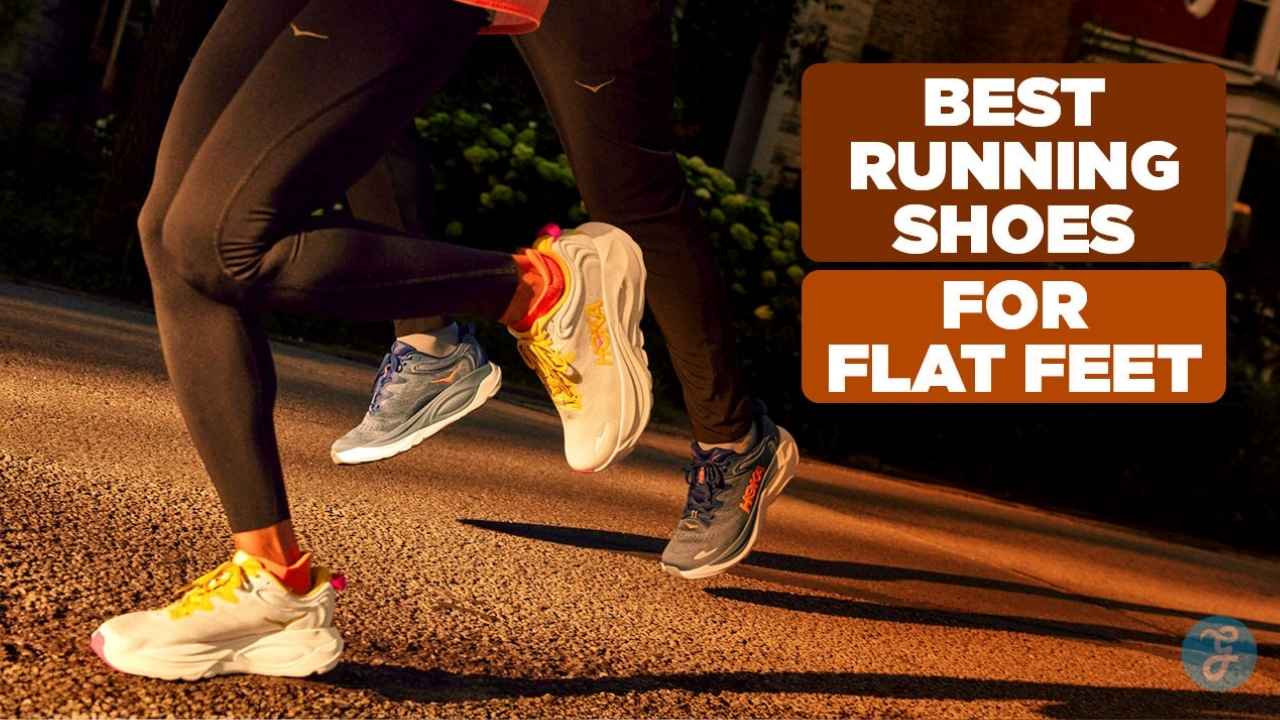In today’s world, it’s more important than ever for brands and consumers to adopt sustainable practices to help protect our planet. Fortunately, many players in the fashion industry are now prioritizing eco-friendly choices in response to the climate crisis.
However, as more brands strive to become sustainable—or at least appear to be—it can be overwhelming to discern which ones are genuinely committed to green practices.
The abundance of buzzwords and the prevalence of greenwashing can make identifying genuinely eco-friendly and ethically produced clothing challenging.
Nevertheless, numerous fashion brands create high-quality, stylish collections that adhere to sustainable principles. Here are ten sustainable clothing brands you need to know about in 2024.
1. PANGAIA: Innovating with Natural Materials
PANGAIA is a materials science company that develops sustainable fabrics and environmental initiatives. Known for their simple and comfortable designs, they utilize innovative materials such as plant-based denim and an alternative to feather-downs made from flowers.
PANGAIA is B Corp certified and supports regenerative forest projects. Their latest initiative, ‘Bee The Change,’ aims to protect bee populations and raise $1 billion for related projects. The brand’s commitment to sustainability is evident in its wide range of materials, including recycled cotton and biodegradable fibers, all aimed at minimizing environmental impact.
They also operate the ‘ReWear’ circular platform, encouraging customers to recycle and repurpose old clothing, reducing waste, and educating consumers on sustainability. PANGAIA’s products are environmentally friendly but stylish and comfortable, making them a popular choice among eco-conscious consumers.
Their innovative approach to materials science sets them apart in the fashion industry, showcasing how science and fashion can work together to create a more sustainable future. With a focus on both environmental and social initiatives, PANGAIA is leading the way in sustainable fashion, significantly impacting the industry and the planet.
2. Vuori: Committed to Climate Neutrality
Vuori, a California-based brand, specializes in athletic and leisurewear. They are 100% climate neutral, offsetting all their carbon emissions and partnering with CleanHub to mitigate plastic impact by 100%.
Vuori uses recycled materials for its garment bags and aims to reduce plastic use in its supply chain by 80% by 2030. They support global environmental programs, including deforestation prevention in Borneo and emission-reduction initiatives in the US. Vuori is transparent about its sustainability goals, aiming to reduce Scope 1 and 2 emissions by 42% by 2030.
Scope 1 emissions are the company’s direct emissions, while Scope 2 encompasses indirect emissions like energy use. Vuori’s commitment to sustainability extends to its entire product line, ensuring that all materials used are eco-friendly and responsibly sourced.
Their focus on transparency and accountability sets a high standard in the industry, demonstrating how brands can effectively communicate their sustainability efforts to consumers. By supporting various environmental initiatives worldwide, Vuori reduces its carbon footprint and contributes to global efforts to combat climate change.
3. Finisterre: Advocating for Ocean Conservation
Inspired by British surfers, Finisterre designs products for ocean enthusiasts using biodegradable fibers and recycled ocean plastics. The B Corp-certified brand creates fabrics from ocean plastic, like econyl, saving 5.7 tonnes of CO2 per tonne.
Finisterre also funds swimming lessons for children with disabilities and modifies wetsuits to improve ocean access, promoting conservation and awareness. The brand’s ‘Leave No Trace’ packaging ensures that all materials used are either biodegradable or recyclable.
Finisterre’s Foundation funds various ocean programs, helping to unlock ocean access for all. This includes providing swimming lessons for children with disabilities, modifying wetsuits to help people access the water, raising awareness, and supporting ocean conservation efforts.
Finisterre’s commitment to sustainability is evident in every aspect of its operations, from the materials used to the programs they support. Their dedication to protecting the oceans and promoting environmental awareness sets a strong example for other brands in the industry.
Finisterre is making a significant impact on ocean conservation by focusing on both product sustainability and community initiatives.
4. Patagonia: Trailblazing Sustainable Clothing
Patagonia has been a leader sustainably for over fifty years. Founded by Yvon Chouinard, the brand donates 1% of its revenue to environmental organizations and uses sustainable materials like biobased polyester and recycled cotton.
Patagonia’s Action Works platform connects consumers with local environmental groups, encouraging community involvement in sustainability efforts. The brand’s pioneering initiatives include using recycled fishing nets to create apparel and emphasizing animal welfare programs.
Patagonia ensures that all wool and down products meet high ethical standards. Through their Fair Trade Certified factories, Patagonia guarantees safe working conditions and fair wages for all workers. Their commitment to environmental activism is showcased through their support for grassroots initiatives.
Patagonia’s dedication to sustainability extends beyond its products, influencing its corporate culture and business practices. Their holistic approach to sustainability sets a high standard in the industry, demonstrating how brands can effectively integrate environmental and social responsibility into their operations.
By continually pushing the boundaries of sustainable fashion, Patagonia is making a lasting impact on the industry and the planet.
5. Passenger: Leading Forest Conservation
Passenger plants a tree for every purchase, contributing to forest restoration and conservation. The brand uses recycled cotton and polyester and supports Fair Trade Certified factories.
They have planted over half a million trees and secured protection for millions of square meters of rainforest. Passenger collaborates with initiatives like the Rainforest Trust and One Tree Planted. Their forest conservation efforts extend beyond tree planting, involving agroforestry training programs that educate communities on sustainable farming practices.
Passenger’s commitment to sustainability is also reflected in their eco-friendly packaging and efforts to minimize waste throughout their supply chain. By focusing on both environmental and social initiatives, Passenger is making a significant impact on forest conservation.
Their dedication to sustainable practices sets a strong example for other brands in the industry, demonstrating how businesses can contribute to environmental protection and community development.
With a clear focus on conservation and sustainability, Passenger is helping to restore and protect forests worldwide, making a lasting impact on the environment.
6. Stella McCartney: Luxury with Sustainability
Stella McCartney combines high-end fashion with sustainability, using innovative materials like grape-based leather alternatives. Since 2012, their handbags have been lined with material made from recycled plastic bottles.
The brand tracks its ecological goals using blockchain technology, ensuring transparency and sustainability throughout its supply chain. Stella McCartney’s approach to sustainability includes a strong focus on animal welfare, avoiding the use of leather or fur, and opting for high-quality, sustainable alternatives.
The brand promotes the ‘Clevercare’ labeling system, educating consumers on how to care for their garments in an environmentally friendly way. This commitment to sustainability and education helps shoppers make informed, eco-conscious decisions.
Stella McCartney’s dedication to sustainable fashion extends beyond materials, influencing their design processes and corporate practices. Their holistic approach sets a high standard in luxury fashion, demonstrating how brands can combine style with environmental responsibility.
By continually innovating and pushing the boundaries of sustainable fashion, Stella McCartney is making a significant impact on the industry.
7. Story MFG: Fashion as Social Activism
Story MFG integrates social activism into its fashion, using regenerative agriculture and natural dyes to reduce environmental impact. They repurpose offcuts in their designs and dye products with natural dyes in replanted forests.
The brand aims for a ‘positive future,’ acknowledging the challenges in achieving full sustainability but working towards it nonetheless. Story MFG’s dedication to social activism is evident in its durable products and vegan and cruelty-free clothing.
The brand supports textile agriculture that regenerates the land, practicing environmentally friendly farming methods that avoid harmful pesticides. Their commitment to sustainability extends to their supply chain, ensuring that all materials used are sourced responsibly and ethically.
Story MFG is making a significant impact on the fashion industry by focusing on environmental and social initiatives. Their innovative approach to sustainable fashion sets a strong example for other brands, demonstrating how businesses can contribute to positive social and environmental change.
Story MFG’s dedication to sustainability and social activism is helping to create a more responsible and ethical fashion industry.
8. Greater Goods: Turning Waste into Fashion
Greater Goods specializes in upcycling, transforming discarded materials into new fashion pieces. They collaborate with brands like Nike to create unique garments from unused products. This London-based brand aims to combat waste by repurposing old clothing into new, fashionable streetwear.
Greater Goods’ upcycling efforts include reclaiming materials from various sources and turning them into stylish, functional garments. The brand’s collaborations with other companies highlight the potential for creative partnerships in the fashion industry, showcasing how sustainable practices can lead to innovative designs and reduced environmental impact.
By focusing on waste reduction and creative reuse, Greater Goods is significantly impacting the fashion industry. Their dedication to sustainability sets a strong example for other brands, demonstrating how businesses can contribute to environmental protection and resource conservation.
Greater Goods’ innovative approach to upcycling is helping to reduce waste and promote sustainable fashion practices, making a lasting impact on the environment.
9. Camper: Focusing on Responsible Materials
Spanish footwear brand Camper prioritizes sustainable materials and repairable products. They aim to have 100% of their materials be ‘responsible’ by 2030, using recycled leather and synthetic alternatives.
Camper tracks their materials from raw state to end-of-life, ensuring a lower environmental impact throughout the product lifecycle. Camper’s commitment to responsible materials extends to its ‘Better Energy’ program, which aims to reduce the brand’s carbon footprint by using renewable energy sources in its production processes.
The brand also offers a repairing and refurbishing scheme, encouraging customers to extend the life of their footwear rather than disposing of them. By focusing on sustainable materials and repairability, Camper is significantly impacting the footwear industry.
Their dedication to sustainability sets a strong example for other brands, demonstrating how businesses can contribute to environmental protection and resource conservation. Camper’s innovative approach to responsible materials is helping to reduce waste and promote sustainable fashion practices, making a lasting impact on the environment.
10. Yes Friends: Ethical and Affordable Fashion
Friends create affordable, ethically sourced clothing using solar-powered factories and organic Fairtrade cotton. They ensure fair wages for garment workers, adding just 10p to the price of a garment to boost salaries by 50%.
This brand is committed to minimal garment waste and supports workers with excellent wages and fair treatment. Friends’ dedication to ethical manufacturing is reflected in their transparent supply chain and commitment to reducing environmental impact.
The brand uses minimal garment waste techniques, ensuring that every piece of clothing is produced with the least amount of waste possible. Their holistic approach to sustainability and ethics sets. A strong example for other brands in the industry.
By focusing on affordability and ethical production, Yes Friends is significantly impacting the fashion industry. Their innovative approach to sustainable fashion is helping to reduce waste and promote ethical practices, making a lasting impact on the environment and society.
Understanding Sustainable Fashion
Sustainable fashion aims to minimize environmental damage, ensuring that practices can continue (or be sustained) over a long period. This includes using eco-friendly materials, ethical production practices, and reducing waste. Sustainable fashion emphasizes longevity, with high-quality garments designed to last longer, reducing the need for frequent replacements.
Eco-friendly materials like organic cotton, bamboo, hemp, and recycled fabrics are crucial to sustainable fashion. Ethical production ensures fair wages, safe working conditions, and no child labor. Waste reduction involves zero-waste manufacturing, upcycling, and recycling initiatives. These elements collectively help create a more responsible and sustainable fashion industry.
The Importance of Sustainable Fashion
The fashion industry significantly contributes to environmental pollution. If current trends continue, more than 150 million tonnes of clothing will end up in landfills by 2050. Fast fashion, characterized by rapid production cycles and low-cost materials, encourages overconsumption and waste. In contrast, sustainable fashion promotes mindful purchasing, focusing on quality over quantity.
A 2019 UN report indicates that shoppers buy 60% more clothing but keep these items for only half as long as they did in 2004. Fast fashion labels often use materials harmful to the environment, encouraging consumers to buy more than they need due to discounted prices.
Sustainable fashion helps reduce pollution, supports fair labor practices, and promotes mindful consumer habits. By choosing sustainable brands, consumers can positively impact the environment and promote a more ethical fashion industry.
Summary
Embracing sustainable fashion is crucial for reducing the fashion industry’s environmental impact. The ten brands highlighted here are leading the way in promoting eco-friendly and ethical practices. By supporting these brands, consumers can help drive positive change and promote a more sustainable future.
It’s time to embrace consciously purchasing high-quality clothing as the norm rather than the exception. While fast fashion outlets offer easy purchases and affordable shipping, our planet ultimately pays the price. Shifting our values away from affordability and towards durability, comfort, and environmental impact is essential.
The ten brands highlighted are just a few examples of labels striving to make a difference. Many more Brands are committed to sustainable practices, showing that fashion can be trendy and environmentally friendly. For more sustainable brands, check out our Brand Directory to find businesses dedicated to reducing plastic waste and promoting eco-friendly practices.









































